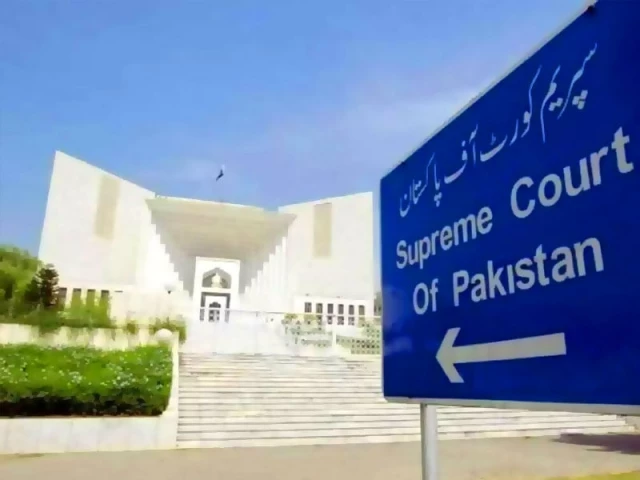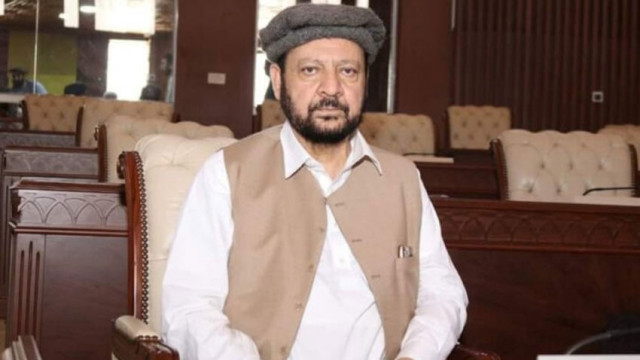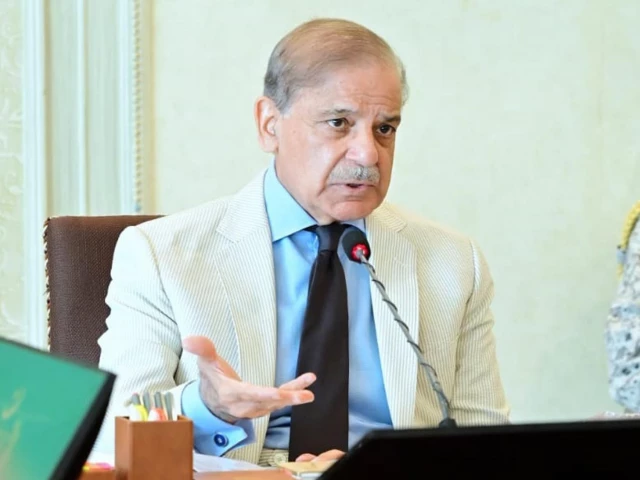Supreme Court Upholds Justice Jahangiri’s Role: A landmark Decision
In a significant turn of events, the Supreme Court has nullified an interim order that prevented Justice Tariq Mehmood Jahangiri from executing his judicial responsibilities. This ruling marks a pivotal moment for judicial independence in Pakistan, as the Supreme Court underscored that a judge should not face restrictions based solely on interim orders.
A constitutional bench, led by Justice Aminuddin Khan and including other notable justices, carefully reviewed the case. Attorney General Mansoor Usman Awan firmly stated, “A judge cannot be barred from judicial work through an interim order," echoing a fundamental principle of judicial authority. Senior lawyer Munir A. Malik raised valid concerns, highlighting that actions against judges should be addressed by the Supreme Judicial Council, not through interim injunctions.
Justice Jahangiri’s appeal against the Islamabad High Court (IHC) was met with acceptance from the Supreme Court, which noted that the objections raised in the petition required due consideration before the IHC could proceed further. Following this ruling, Justice Jahangiri resumed his duties in court, which is a relief for many who value the sanctity of judicial practice.
Why is this case noteworthy? For the first time in Pakistan’s history, a high court had taken the unusual step of stopping one of its own judges from hearing cases. This move was rooted in serious allegations regarding the legitimacy of Justice Jahangiri’s LLB degree—a subject that turned into a broader discussion about political victimization and judicial independence.
The complexities didn’t end there. Complicating matters further, the University of Karachi recently annulled Justice Jahangiri’s degree, a decision he has labeled as unprecedented and politically motivated. Demonstrating resilience, he noted that he has taken steps to challenge this cancellation in the Sindh High Court, emphasizing the unusual nature of revoking a degree after 34 years.
Outside the courtroom, Justice Jahangiri has been vocal about his views, tying this controversy to his involvement in sensitive judicial matters that have ruffled the feathers of some ruling party candidates.
This situation is a reminder of the delicate balance between judicial integrity and external influences. As such, it raises crucial questions about judicial independence in Pakistan’s complex legal landscape.
For those interested in staying connected with ongoing legal developments or seeking insights into Pakistan’s judiciary, consider exploring more at Pro21st. Engaging with these updates can keep you informed, providing a better understanding of the dynamics shaping legal frameworks in the country.
At Pro21st, we believe in sharing updates that matter.
Stay connected for more real conversations, fresh insights, and 21st-century perspectives.





